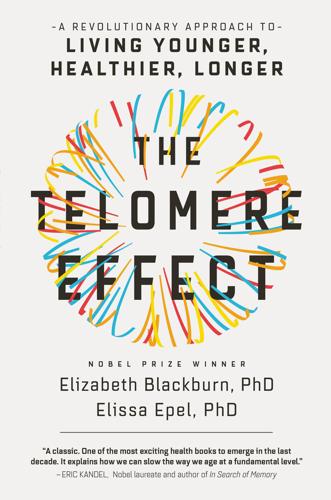persistent metabolic adaptation
2 results back to index

pages: 280 words: 76,638
Rebel Ideas: The Power of Diverse Thinking by Matthew Syed
adjacent possible, agricultural Revolution, Alfred Russel Wallace, algorithmic bias, behavioural economics, Bletchley Park, Boeing 747, call centre, Cass Sunstein, classic study, cognitive load, computer age, crowdsourcing, cuban missile crisis, deep learning, delayed gratification, drone strike, Elon Musk, Erik Brynjolfsson, Fairchild Semiconductor, fake news, Ferguson, Missouri, Filter Bubble, Firefox, invention of writing, James Dyson, Jeff Bezos, knowledge economy, lateral thinking, market bubble, mass immigration, microbiome, Mitch Kapor, persistent metabolic adaptation, Peter Thiel, post-truth, Richard Thaler, Ronald Reagan, Second Machine Age, self-driving car, seminal paper, Silicon Valley, social intelligence, Steve Jobs, Steve Wozniak, Stuart Kauffman, tech worker, The Wealth of Nations by Adam Smith, The Wisdom of Crowds, traveling salesman, vertical integration
A study conducted on The Biggest Loser, a dieting programme with huge ratings on US television, showed that contestants lost huge amounts of weight through exercise and calorie counting. And yet this drastic loss caused their metabolic rates to plummet to such an extent that, six years later, their metabolisms were so slow that they were not able to eat the same calories as people of the same weight who had never been obese. Scientists call this ‘persistent metabolic adaptation’. And yet this was just one of dozens of anomalies that Segal found as he probed the science. ‘There were certain agreed facts, such as that any diet should include fat, salt, protein, fibre, vitamins and minerals,’ he says, ‘but beyond that, almost anything seemed to go.’ Another frustration emerged when he got into marathon running in his thirties and looked to see if diet could help him to improve his times.

pages: 381 words: 111,629
The Telomere Effect: A Revolutionary Approach to Living Younger, Healthier, Longer by Dr. Elizabeth Blackburn, Dr. Elissa Epel
Albert Einstein, autism spectrum disorder, caloric restriction, caloric restriction, cognitive load, epigenetics, impulse control, income inequality, longitudinal study, Mark Zuckerberg, megacity, meta-analysis, mouse model, persistent metabolic adaptation, phenotype, Ralph Waldo Emerson, randomized controlled trial, selective serotonin reuptake inhibitor (SSRI), stem cell, survivorship bias, The Spirit Level, twin studies
., “Weight Loss Associated with Bariatric Surgery Does Not Restore Short Telomere Length of Severe Obese Patients after 1 Year,” Obesity Surgery 24, no. 12 (December 2014): 2089–93, doi:10.1007/s11695-014-1300-4. 11. Gardner, J. P., et al., “Rise in Insulin Resistance is Associated with Escalated Telomere Attrition,” Circulation 111, no. 17 (May 3, 2005): 2171–77. 12. Fothergill, Erin, Juen Guo, Lilian Howard, Jennifer C. Kerns, Nicolas D. Knuth, Robert Brychta, Kong Y. Chen, et al. “Persistent Metabolic Adaptation Six Years after The Biggest Loser Competition,” Obesity (Silver Spring, Md.), May 2, 2016, doi:10.1002/oby.21538. 13. Kim, S., et al., “Obesity and Weight Gain in Adulthood and Telomere Length,” Cancer Epidemiology, Biomarkers & Prevention 18, no. 3 (March 2009): 816–20, doi:10.1158/1055-9965.EPI-08-0935. 14.